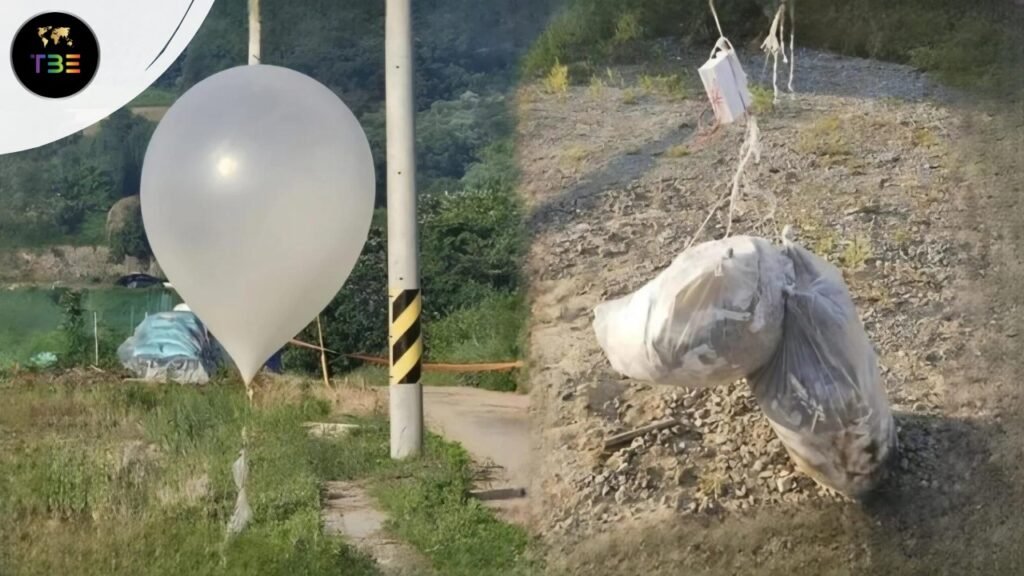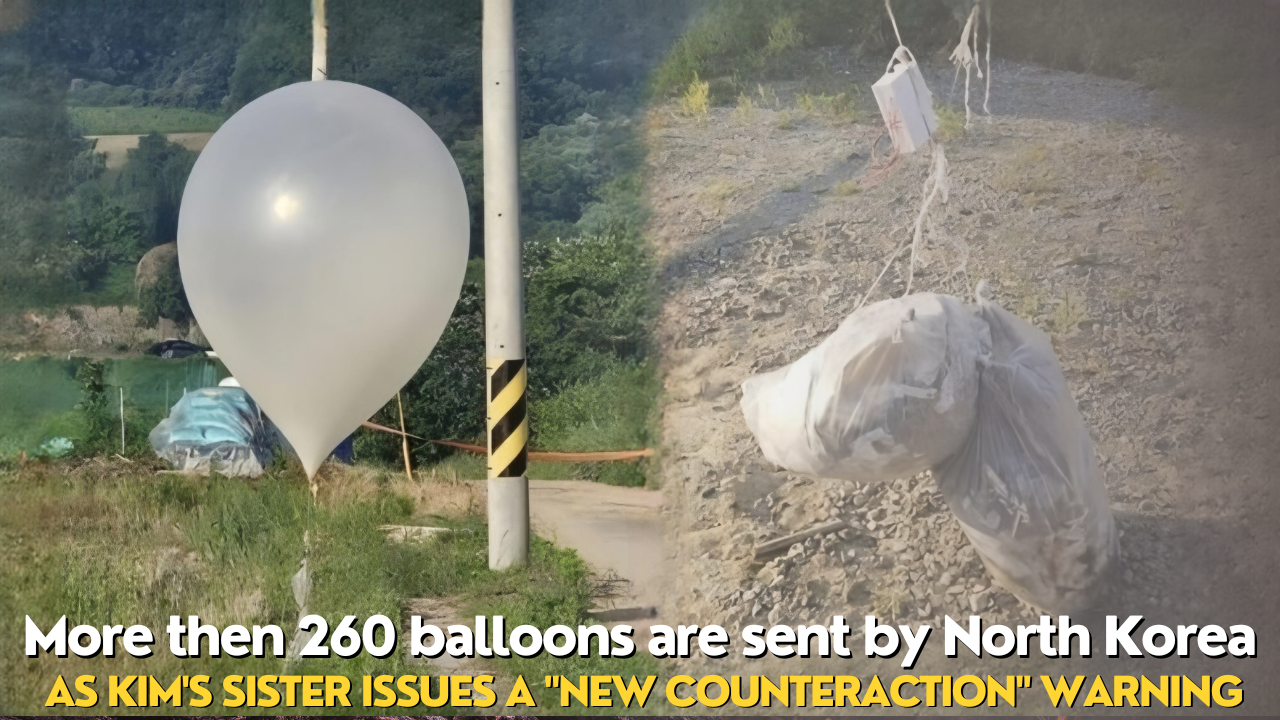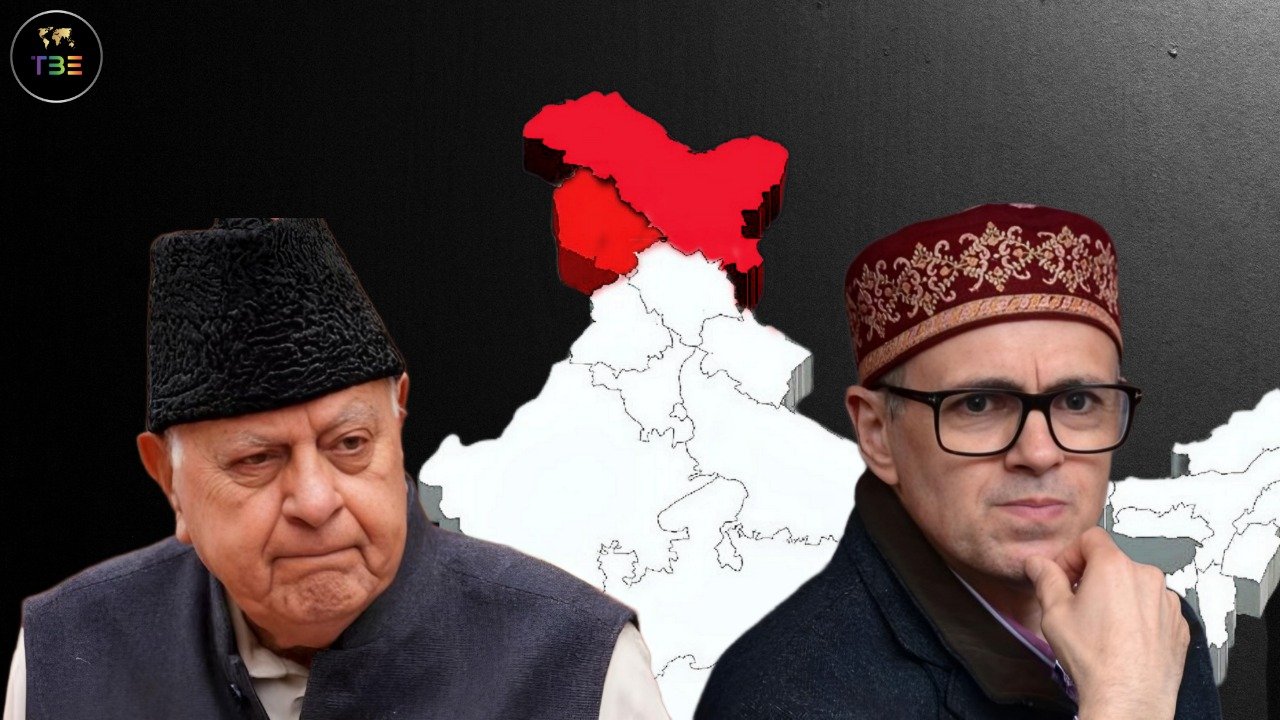
Activist Group Launches Anti-North Korean Leaflets from South Korea
In Seoul, South Korea, an activist group member who defected from North Korea sets the time on a device that would be launched by balloon to spread anti-North Korean leaflets over North Korean territory. North Korea has been sending hundreds of balloons into the South in recent weeks, carrying garbage such as toilet paper and cigarette butts, in what it claims is payback for balloons carrying propaganda scathing of Pyongyang.
Recent Developments in Balloon Warfare
On June 10, the Seoul military announced that North Korea had sent hundreds of trash-carrying balloons over the border. This came after Kim Jong Un’s sister, who is very strong, threatened to take additional action if the South continued its “psychological warfare.”
In what it claims is retaliation for balloons containing anti-Pyongyang propaganda that activists in the South have been legally unable to stop flying north, North Korea has launched hundreds of balloons into the South in recent weeks, carrying trash like cigarette butts and toilet paper.
South Korean Government’s Response
In reaction to Pyongyang’s balloon launches, the South Korean government this month completely halted a 2018 military agreement aimed at easing tensions and started loudspeaker propaganda broadcasts along the border. This angered Pyongyang, which warned Seoul was causing “a new crisis.”
In a statement issued early on Monday, Kim Yo Jong, an important government spokesperson and the sister of Mr. Kim, stated that South Korea would “struggle with the intense shame of constantly having to pick up waste paper.” She condemned the activists’ leaflets as “psychological warfare” in a statement cited by the official Korean Central News Agency. She also threatened to take action if Seoul did not stop them and cease the loudspeaker blasts.
Statements from Kim Yo Jong
She mentioned both nations by their formal names. “If the ROK simultaneously carries out the leaflet scattering and loudspeaker broadcasting provocation over the border, it will undoubtedly witness the new counteraction of the DPRK,” she stated.
According to Seoul’s military, the North had launched about 310 garbage-carrying balloons overnight; by early Monday, no more had been seen in the sky, according to the Yonhap news agency. According to reports from the Joint Chiefs of Staff, “the most recent batch of waste-loaded balloons sent late Sunday contained scrap paper and plastic, with no toxic material detected so far.”
Analyzing North Korea’s Strategy
According to professor Kim Dong-yub of the University of North Korean Studies in Seoul, “North Korea is raising its voice in order to shift the blame for the current situation to South Korea and also to justify their provocation,” as demonstrated by the statement made by Mr. Kim’s sister, AFP reported. The rising trend is probably going to continue, and “North Korea will do something beyond our imagination,” according to Kim.
Kim went on to say that Pyongyang might stage a biological attack on the South, saying that “something creative like throwing flour (which) will cause absolute panic in the South which they will be happy about.”
The Tit-for-Tat Balloon Blitz
The tit-for-tat balloon blitz began in mid-May when South Korean activists, including defectors from North Korea, launched dozens of missives northward with anti-Kim propaganda and flash drives filled with K-pop music. In revenge, Pyongyang has launched over a thousand balloons filled with trash bags into the South, labeling Seoul as “low class” and alleging that this is against the terms of the armistice that put an end to hostilities during the 1950–1953 Korean War.
Seoul broke the 2018 military agreement in response to the balloons and started broadcasting loudspeakers along the border again, which had not happened since 2016 when they were activated in retaliation for North Korea’s fourth nuclear test, according to Yonhap. The leaders of the two Koreas decided to “completely cease all hostile acts” in 2018, during a time of better relations between them. This included ending the broadcasts and leaflets.
Legal Implications and Future Outlook
A rule that made it illegal to send leaflets to the North was approved by the South Korean government in 2020, but campaigners did not stop, and the law was overturned by the Constitutional Court last year because it unnecessarily restricted free speech. The broadcasts, a strategy that dates back to the Korean War, enrage Pyongyang, which had threatened to attack the loudspeaker systems with artillery if they weren’t turned off.
ALSO READ: A street food vendor in India posing as an Emirati creates debate.
















Leave a Reply